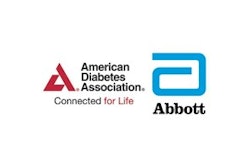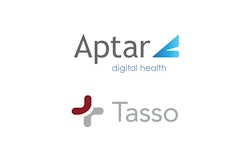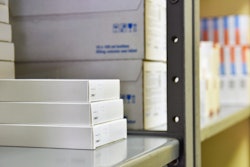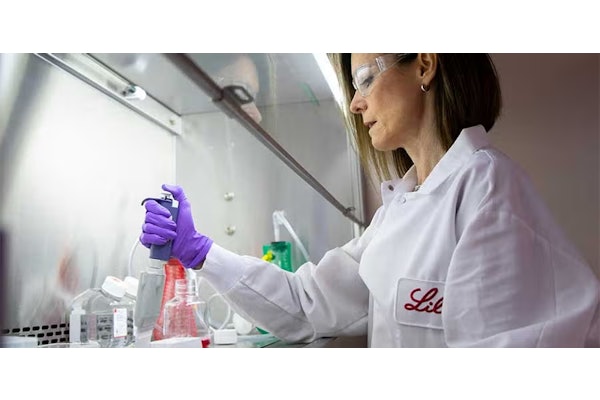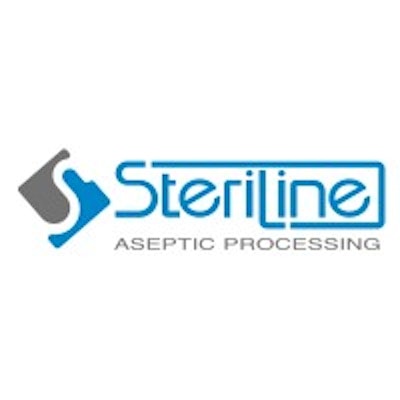
This content was written and submitted by the supplier. It has only been modified to comply with this publication’s space and style.
Steriline, an Italian manufacturer of robotic and standard fill/finish lines for the aseptic processing of injectable drugs, created a highly compact robotic filling machine to produce small batches of veterinary vaccines in single-dose pre-filled syringes (PFSs) and delivered it to Fatro.
Fatro was founded in 1947 by pharmacist and veterinarian Gualtiero Zaini and his son Corrado Zaini (a chemist) to develop and produce medicines and vaccines for animals. Today, it is a flagship of the Italian Veterinary Pharmaceutical Industry, exporting its products to more than 90 countries according to an international expansion plan that adapts the strategies to the different local realities. In order to enter into the veterinary segment market that requires single-dose formats, Fatro decided to introduce into its fleet of machines a lean solution, equipped with only a few components, that processes small batches of single-dose PFSs. The machine was supposed to occupy as little space as possible, to reduce the management costs of the grade B area the equipment would have to be housed in.
Steriline proposed a highly compact and flexible filling system: a robotic nest filling machine (RNFM2) designed to manage 0.5 ml PFSs with a production capacity of up to 2,900 pieces/hour. With two manual loading and unloading stations, where an operator inserts tubs previously peeled under a laminar air flow, the stand-alone system is equipped with a robotic arm that picks up the nest in the tub containing the empty PFSs and positions it under the two filling heads connected to peristaltic pumps. Two stoppering heads seal the filled PFSs simultaneously to the filling process. Once both processes are completed, the robotic arm repositions the nest in the tub at the exit station, ready for the operator to withdraw and transfer to the secondary packaging process.
The whole process requires a very small action area, which translates into the very limited machine footprint (1.250 m x 1.250 m) under the open Restricted Access Barrier System (oRABS).
“Thanks to the Robotic Nest Filling Machine, we can now satisfy market demands and be closer to our customers’ needs,” says Dr Francesco Meliota, Fatro vice president.
The whole project, from the order to the product set-up, took one year. The Factory Acceptance Test (FAT) was completed in September 2022 without requiring any customer service intervention.



